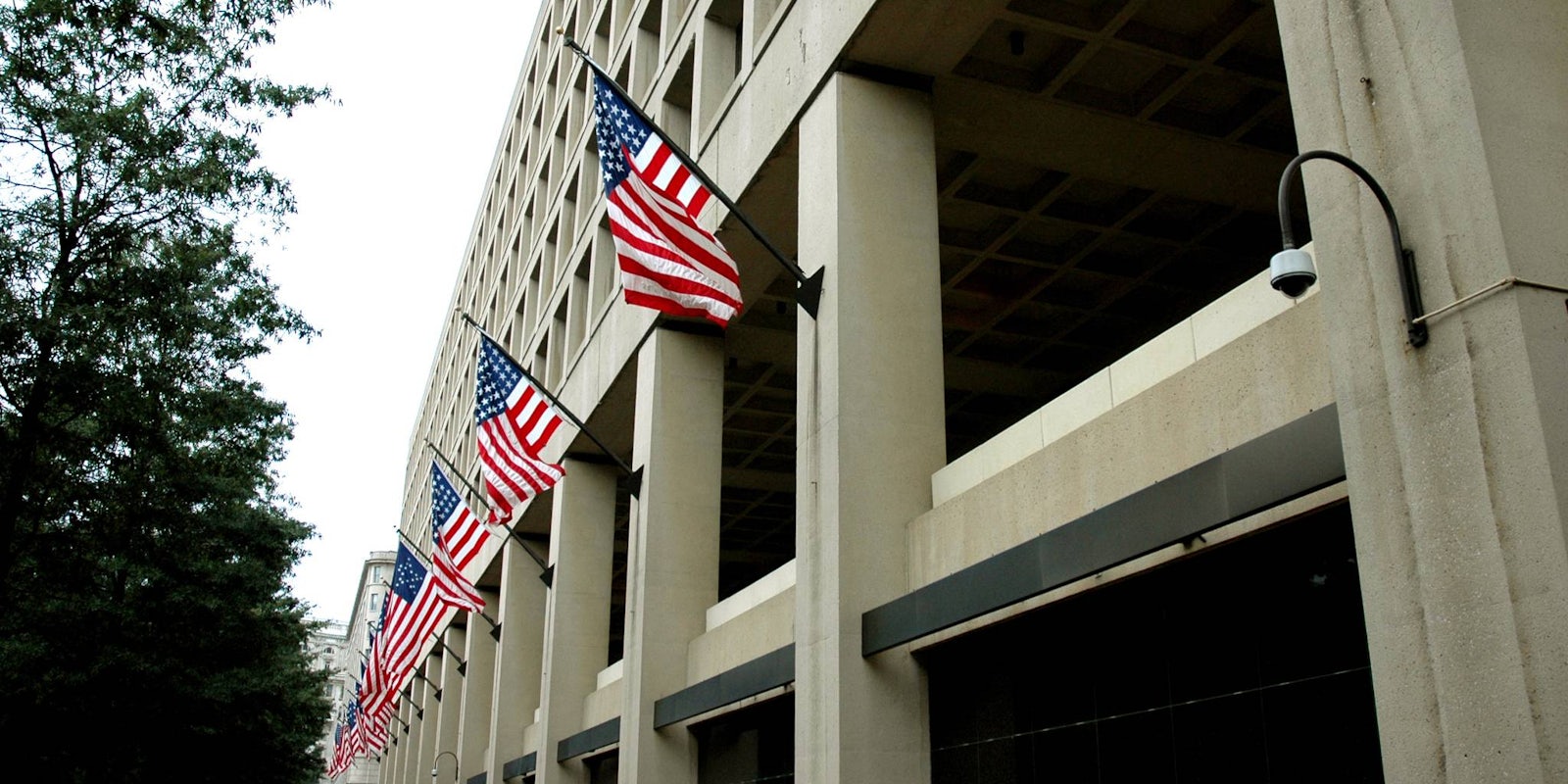The federal government’s struggles with unbreakable encryption are growing, FBI Director James Comey said on Wednesday.
“We are increasingly finding devices … that we can’t open,” Comey said during his keynote speech at the annual Special Operations Forces Industry Conference.
Already this year, Comey said, FBI agents have found that they can’t unlock approximately 500 of the 4,000 devices that are part of active investigations. He predicted that that number—already 12 percent—would only increase as more people started using end-to-end encryption, which is available in popular messaging apps like Signal and WhatsApp and built into Apple‘s iOS mobile platform.
Comey has led the charge in the United States for guaranteed government access to commercial encryption, urging tech companies to design their security features to let them comply with warrants for user data.
But Comey and his allies have faced powerful resistance from Silicon Valley and its allies in civil society. Apple CEO Tim Cook and a wide range of tech-industry leaders have condemned the idea of adding so-called “backdoors” to encryption. And security experts overwhelmingly agree that this form of special access would endanger more Americans than it would protect.
Several members of Congress have joined the fray as well, on both sides.
Two senior senators have proposed legislation that would effectively ban unbreakable encryption, while privacy-minded lawmakers have rebuked their plan as a threat to digital security.
“This legislation says a company can design what they want their backdoor to look like, but it would definitely require them to build a backdoor,” Sen. Ron Wyden (D-Ore.), a leading civil-liberties voice in Congress told the Daily Dot when the bill was released. “For the first time in America, companies who want to provide their customers with stronger security would not have that choice—they would be required to decide how to weaken their products to make you less safe.”
The Daily Dot requested more information about the 500 problem cases that Comey mentioned, but the bureau did not respond by press time.
Earlier this year, however, Manhattan District Attorney Cyrus Vance, Jr., made similar claims, and the Daily Dot examined several cases in which his office was locked out of phones during investigations.
While much of the discussion surrounding encryption and backdoors has centered on the threat posed by terrorism and child abuse, documents from Vance’s office showed that the majority of his cases involved larceny or drugs.
H/T National Defense


